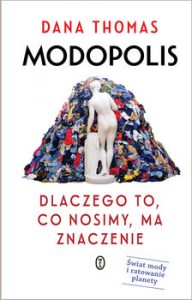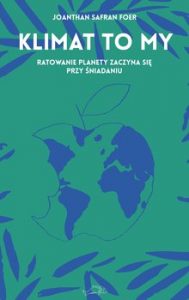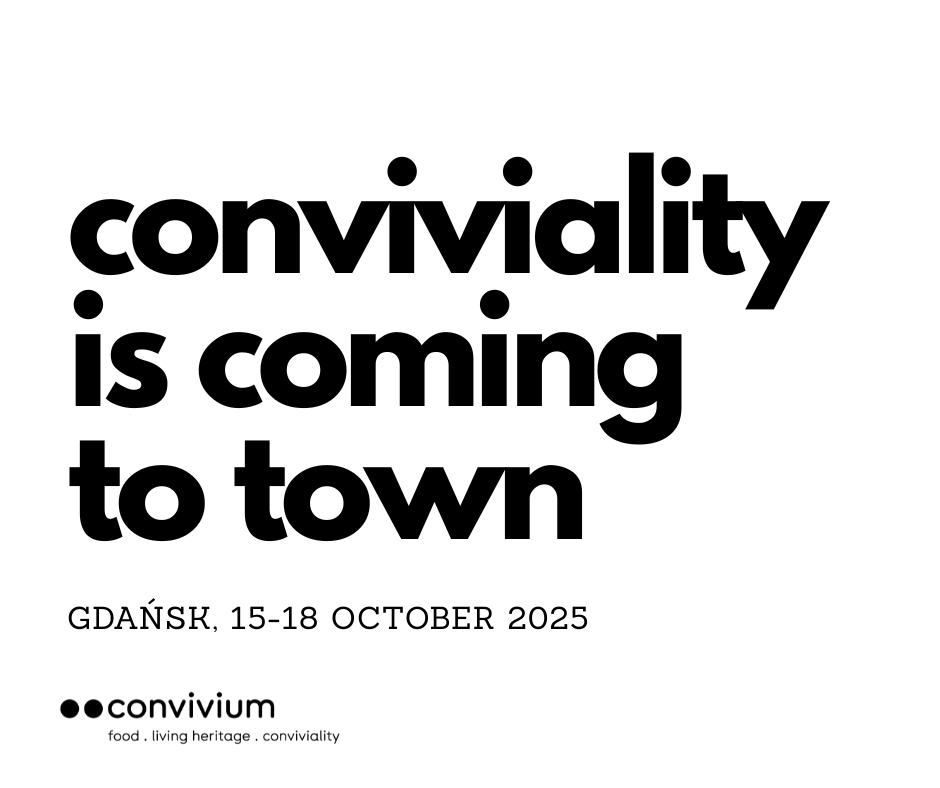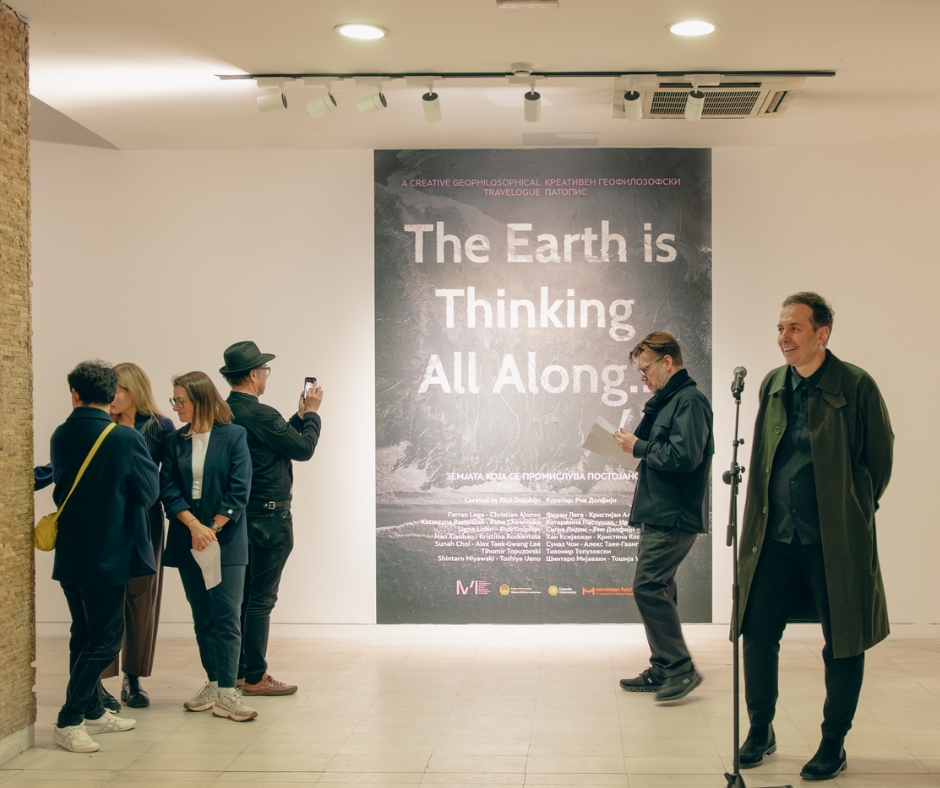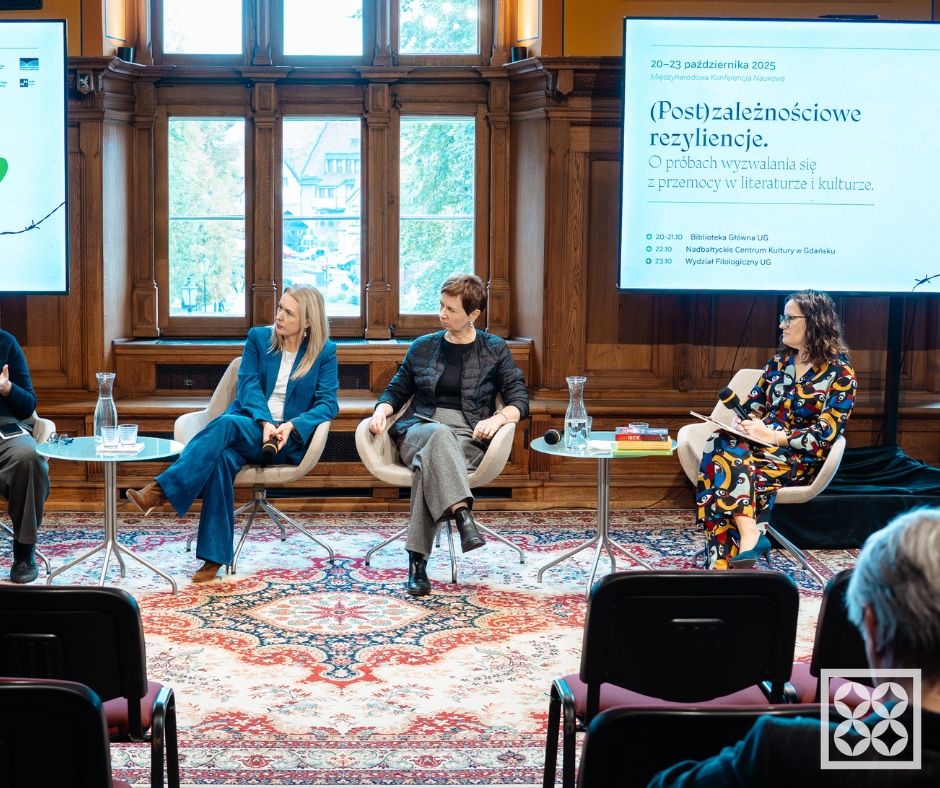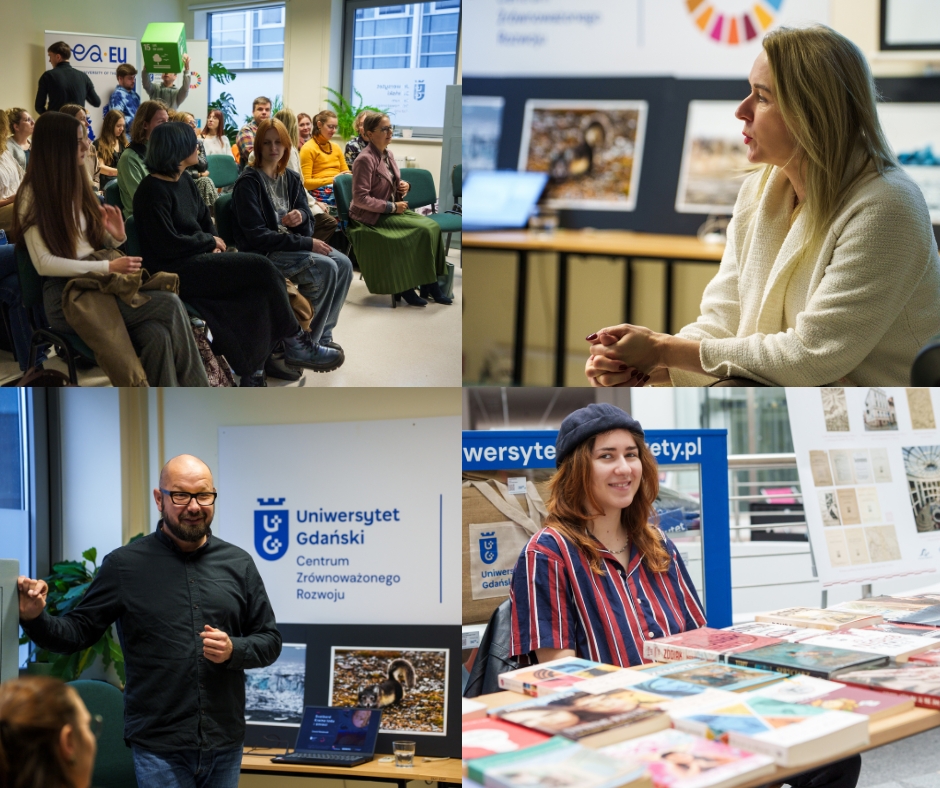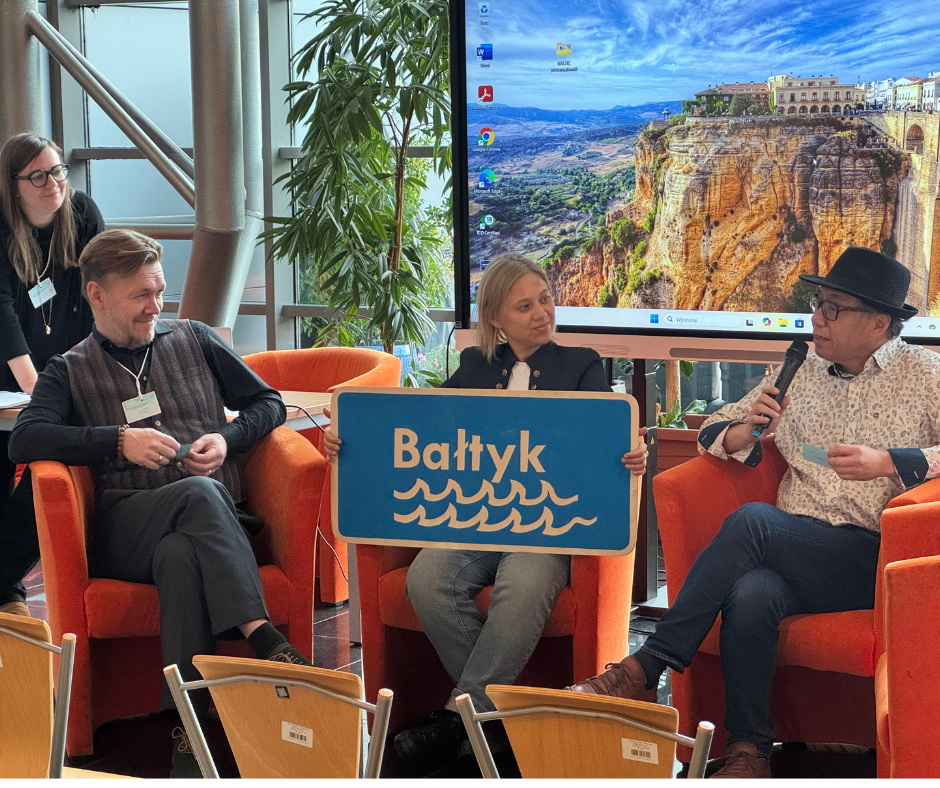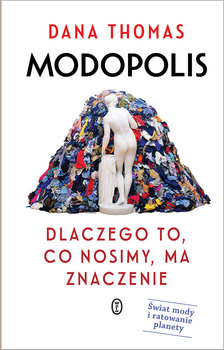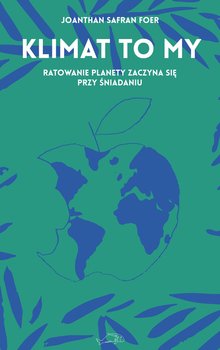Culture for Sustainable Development
In the Culture for Sustainable Development Programme, we critically ponder the role of culture in the attainment of the Sustainable Development Goals. Culture is the basis for understanding the strategies and actions taken in the process of working towards the goals of the 2030 Agenda. In the CSDUG we conduct research related to culture of (for) sustainable development, initiate discussions on significant challenges of the modern world, create a virtual shelf with books related to the SDGs, we undertake activities aimed at promoting the vision of building a better world for the benefit of the inhabitants of the planet and its repair, focusing on 5 areas known from the 2030 Agenda: people, planet, prosperity, peace, partnership.
The CSDUG’s bookshelf
What’s new?
CONVIVIUM Meeting in Gdańsk (15th-17th October, 2025)
During the October CONVIVIUM Meeting in Gdańsk, we spent [...]
‘The Earth is Thinking All Along…’ exhibition at the Museum of Contemporary Art in Skopje
The Museum of Contemporary Art in Skopje (North Macedonia) [...]
How do we build resilience and community in a tense world? Resilience in literature and culture
What strategies for survival and creative resistance does literature and [...]
The first Open Day of the UG Sustainability Center is behind us!
On Monday, October 27, 2025, our headquarters at the [...]
Reflections on the Interdisciplinary Symposium: Baltic Waterscapes
Held at the Baltic coast and surrounded by the [...]
Culture and Sustainable Development
It is hard to disagree that today culture, regardless of its definition, is the basis for understanding relationships between economic, environmental and social issues. It was defined as the fourth pillar of sustainable development by J. Hawkes [2001], and in 2013 the UNESCO declaration was adopted, in which culture became a key strategy for the attainment of sustainable development [UNESCO, 2013]. In this document, culture is considered the basis of socio-economic prosperity, but at the same time the lack of sharpness of this concept leads to difficulties in introducing culture into sustainable development policies, into specific development strategies at the global, regional or local level.
If, according to the idea of sustainable development, we should leave the Earth in such a good or better condition for future generations than we found it [Burtland], culture should constantly become a forum for open conversation between entities, inspiring humanity with creative ideas, encouraging critical thinking, mutual respect, empathy, trust, motivating to take risks in important matters. Through cultural activities, it is necessary to constantly activate various types of communities and encourage them to work for the development of society. Active cultural life entails the promotion of democracy and creates conditions for the development of civil society.
Culture in sustainable development
Culture should be perceived as an integral part of the very concept of sustainable development. As the fourth pillar of sustainable development, it brings into society basic values that are no less important than ecological, social and economic issues. Fundamental values that guide a specific community support the development of culture and enable social advancement. The variety of cultural expression forms, innovative ways of introducing art and culture into the social space contribute to building a civil society.
Culture for sustainable development
Culture enables ecologically sustainable development. In this role, culture is seen primarily as a tool that helps us to explain and put into a proper perspective the challenges, especially the ecological ones, that the world is facing. It is also perceived as a medium that can connect and balance other pillars of the SDG concept, as without culture there is no interaction between ecological, economic and social perspectives in sustainable development.
Culture as sustainable development
In this perspective, culture is usually understood very broadly. It becomes synonymous with human action and interaction – and it is obvious that there is no society without it. It is an action in itself, the foundation on which all actions rest, seemingly having little to do with it. Culture integrates all the components of sustainable development by addressing the issues of:
allowing artists and other people involved in the sphere of culture freedom of expression;
contributing to economic growth by supporting the creative industry;
strengthening peace in post-conflict areas through artistic and cultural activities;
promoting dialogue and intercultural cooperation.
Literature of (for) sustainable development
Sustainable Development Goals – SDGs is a plan of action for the change and transformation of the world, in which the needs of the present generation can be met in a sustainable manner, respecting the environment and taking into account the needs of future generations. 17 Sustainable Development Goals and 169 related measures constitute the basis of the 2030 Agenda for sustainable development of the world, taking heed of economic, social and environmental aspects. This plan points to the most important challenges of our time. It presents a vision of building a better world for the benefit of the inhabitants of the planet and its repair. It focuses on 5 areas: 5xP: people, planet, prosperity, peace, partnership. In public opinion, three pillars of sustainable development include ecology, economy and society (Zapf 2016, 15). For some time, culture has been recognised as the fourth pillar of sustainable development [UNESCO, 2013]. At the same time there is a concept of sustainable art denoting artistic activities characterised by environmental awareness, counteracting violence, rejection of the anthropocentric model and initiatives to shape democracy and social justice (Fowkes, 2015). The concept of ecocriticism has become established in Poland, which is a category that describes interpretative trends focused on texts (not only literary ones) as a source of knowledge about the relationship between humans and their environment (Czapliński 2017, Ubertowska, 2018, Tabaszewska 2018). Ecocriticism concentrates on the extensive relationship between literature and the environment. Cultural theories of literature regard literature as one of many (not the most important) symbolic practices subjected (by discourse) to social rules of production and control. The author and the reader are called to their roles not by their private preferences, but by the prevailing ideologies and ways of cultural positioning: gender, class and ethnic affiliation. Literary scholars analyse stereotypical representations that have become a matrix in the process of creating local identities, and trace strategies of constructing meanings in cultures subordinated to the imperial centre. At the same time, research is carried out on texts unifying cultures or social groups and on those that oppose such attitudes towards religious and social minorities in the structures of a given community and the relationship between the centre and the margin. The described research focuses on individual issues important from the perspective of the 2030 Agenda, creating new interpretations and discourses, which, however, remain separate from each other. Ecocriticism, for instance, focuses on the environment, not referring to other problems of the modern world.
Sustainable development literature would include artistic texts which refer in their content and form to the goals and objectives of the 2030 Agenda. Sustainable development in the textual sense in the field of literary research is not a fixed or uniform concept, but a field of interdiscursive resonances that are not in the foreground, but clearly contain the radical potential of literary art, both in terms of cultural criticism and aesthetic experiment.
How is reference made (on many levels: e.g. textual strategy) to five areas recognised as key in the 2030 Agenda: people, planet, prosperity, peace, partnership in literary texts (not only strictly literary, also borderline and experimental)? In what kind of texts – and in a broader way of speaking – that can address current problems, can we find problems, issues, questions, doubts that resonate with those expressed through the Sustainable Development Goals?


